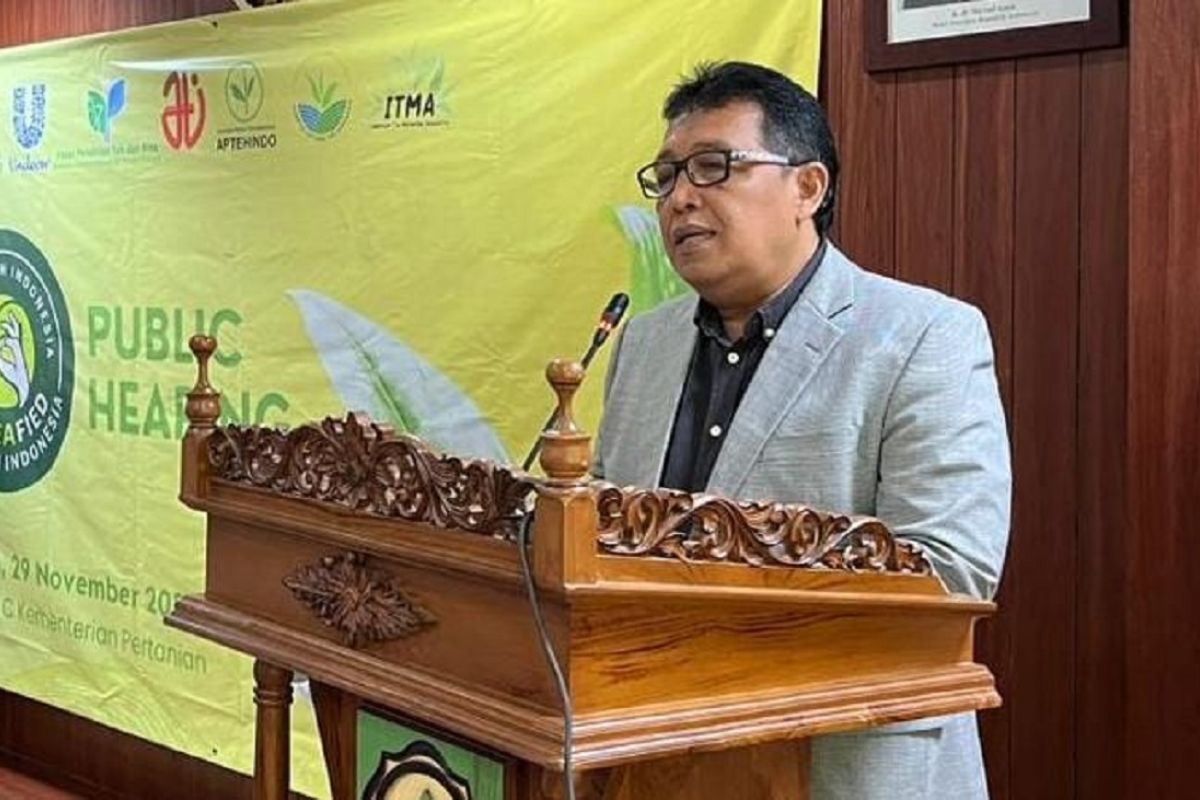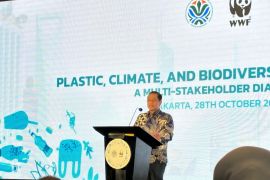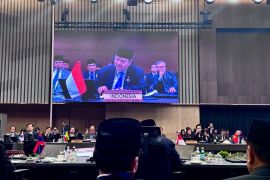DTI Chairman Rahmat Gunadi remarked here on Thursday that the STI aims to create a balance in the market that is considered unhealthy.
According to Gunadi, tea business actors in the country have admitted to gaps in the industry, especially related to the benefits obtained from the supply chain.
"DTI will issue the STI in the form of a certificate after (tea industry players undergo) a series of independent institutional audits," he noted at the "Indonesian Tea Standard Public Hearing" event.
Currently, he explained that tea prices in domestic and global markets continue to be suppressed, thereby resulting in producers and packers continuing to lose money despite the production costs, including for fertilizers and labor wages, having continually increased.
Related news: PTPN III exports US$496 thousand worth of tea to US
He also noted that on the other hand, the quality of Indonesian tea continues to decline due to unbalanced selling prices, which lead to compromised caring of the tea plants.
Gunadi remarked that the 2014-2016 period was the best time for Indonesian tea producers when the price of black tea in the auction market had reached US$2 per kilogram, and thereafter, tea prices continued to plummet until now.
"In the beginning, it was producers at the upstream level that felt the price pressure, but now, the downstream sector is also experiencing unhealthy price pressures," he stated.
Hence, to this end, the DTI considers it necessary to issue STI certifications for large state plantation companies, private companies, smallholder plantations, tea processing factories, and business actors owning brands or end users.
Related news: Indonesia's Moringa tea dubbed as Germany's favorite: Ambassador
Translator: Subagyo, Kenzu
Editor: Yuni Arisandy Sinaga
Copyright © ANTARA 2023












